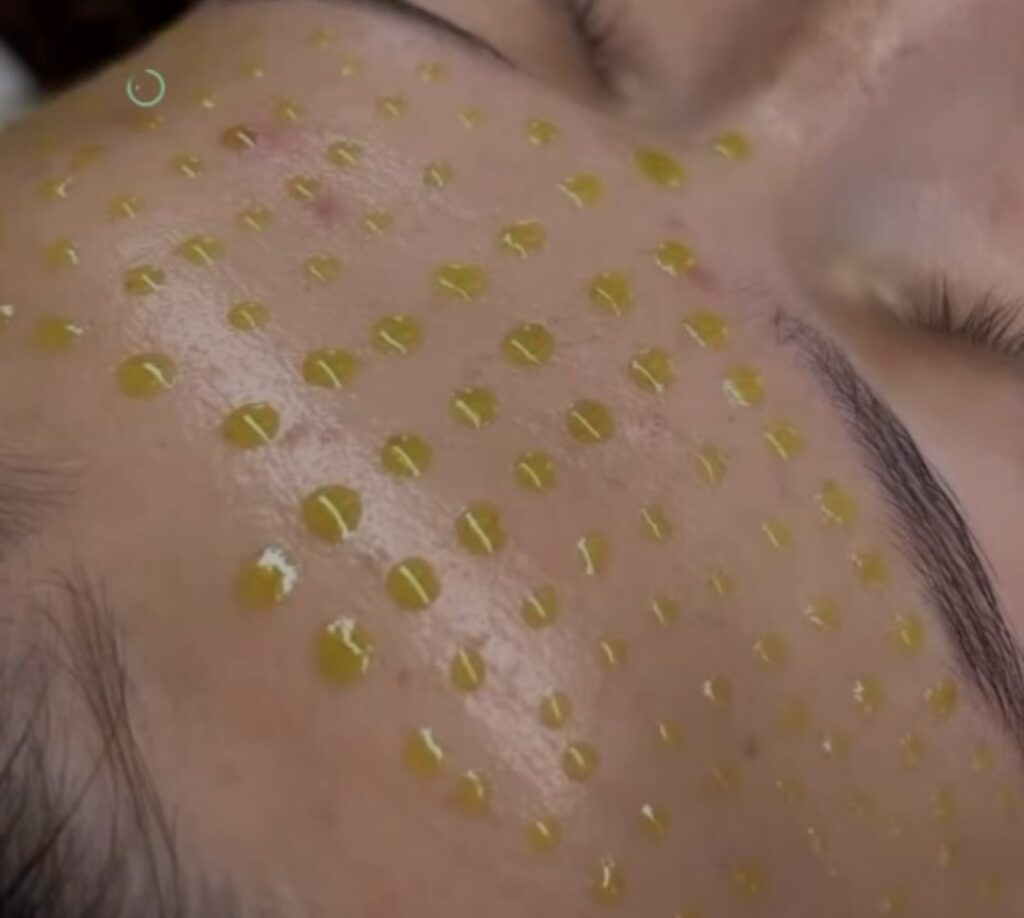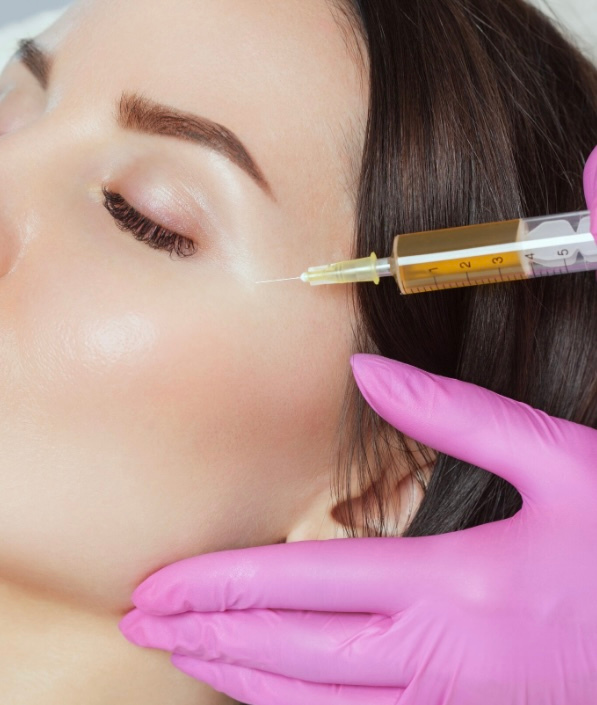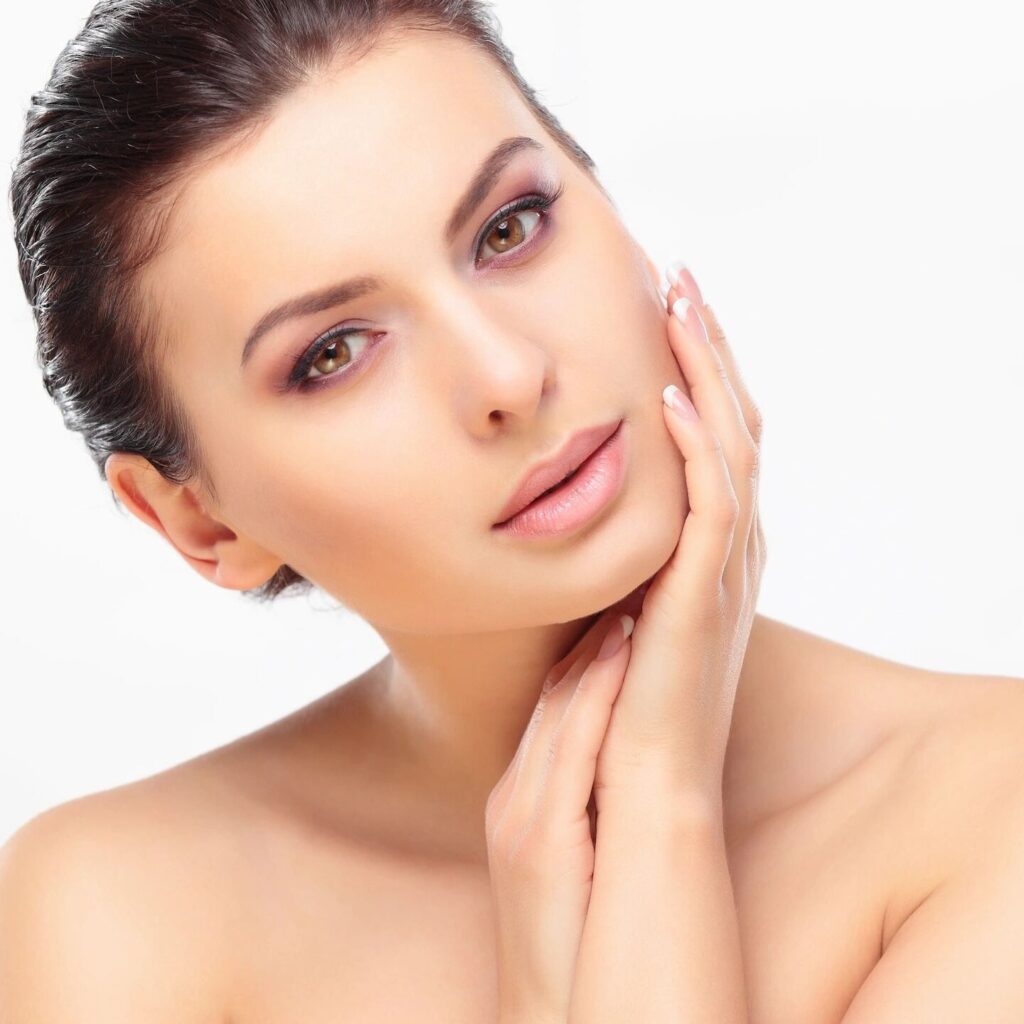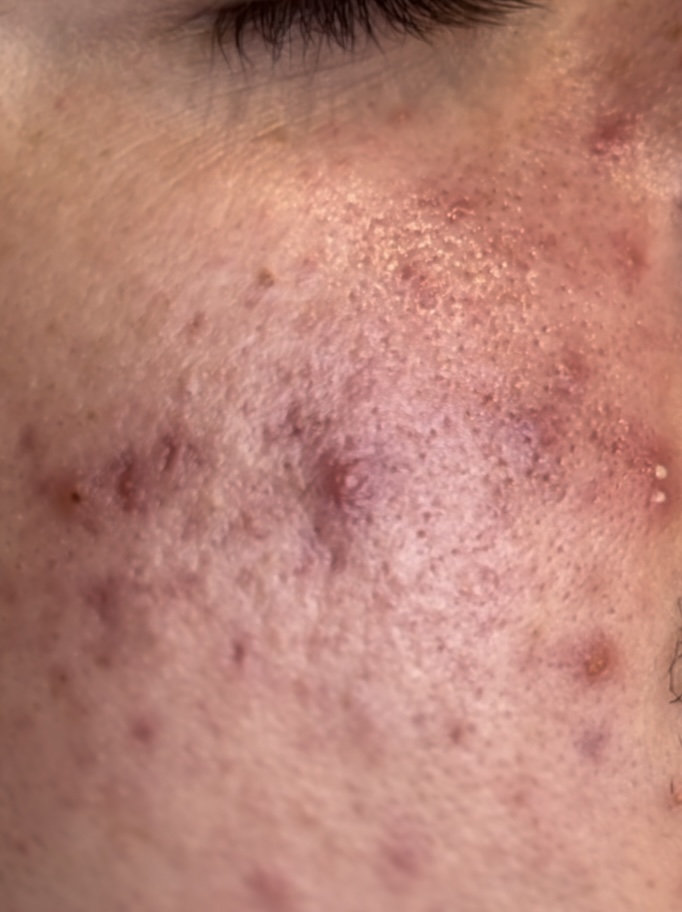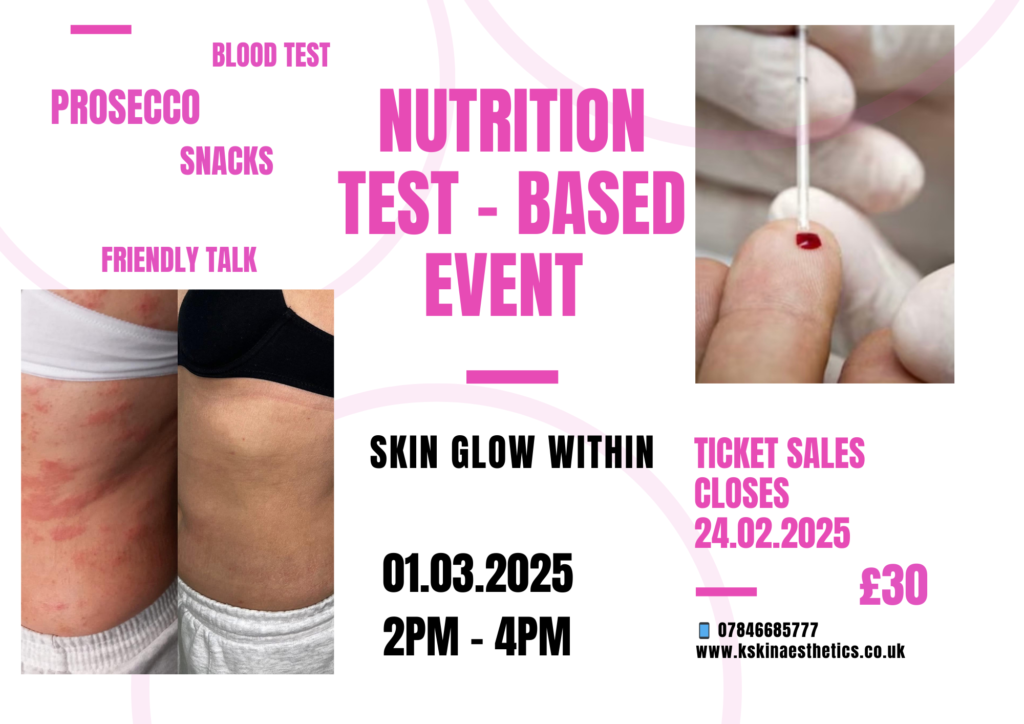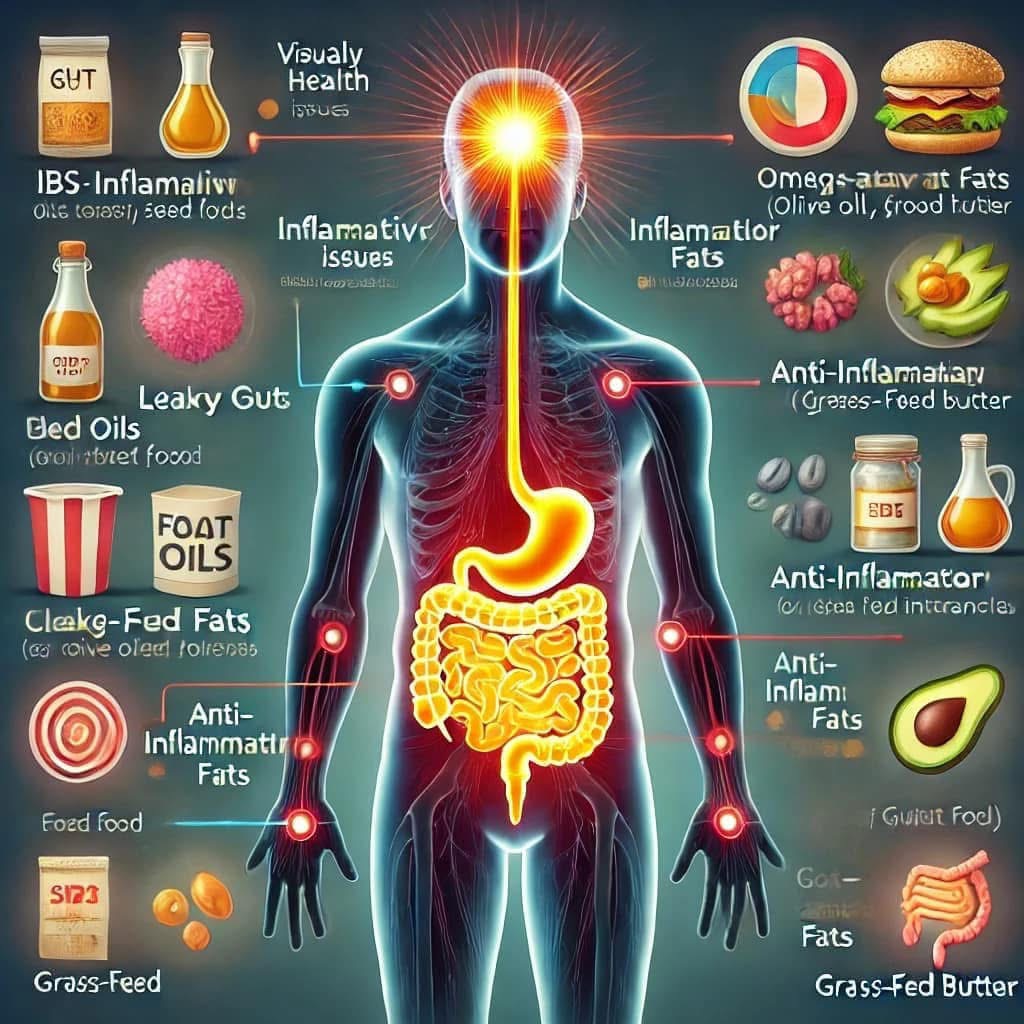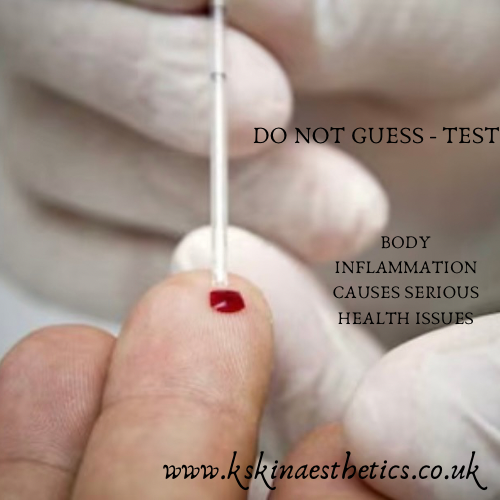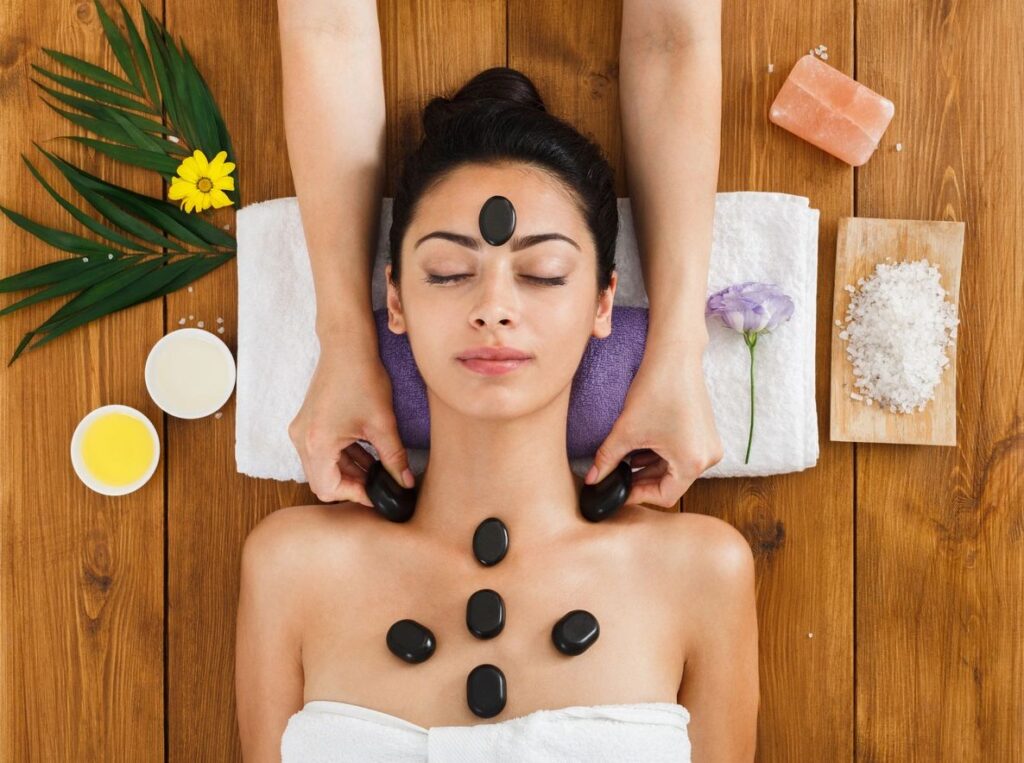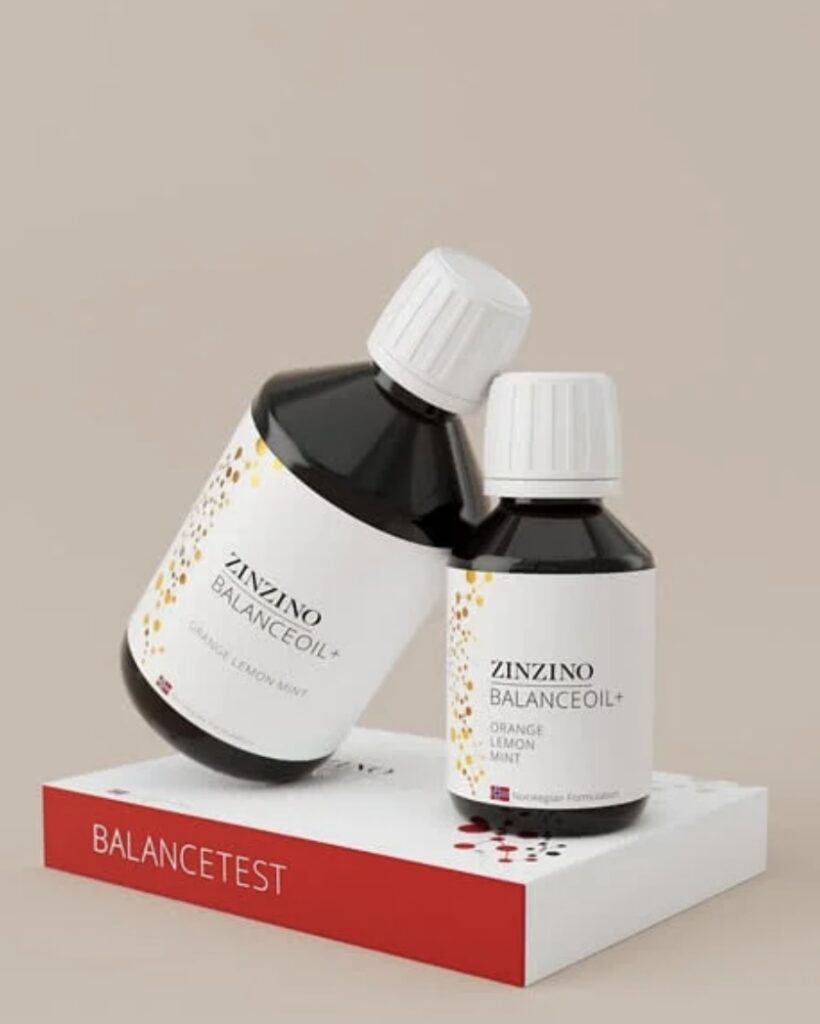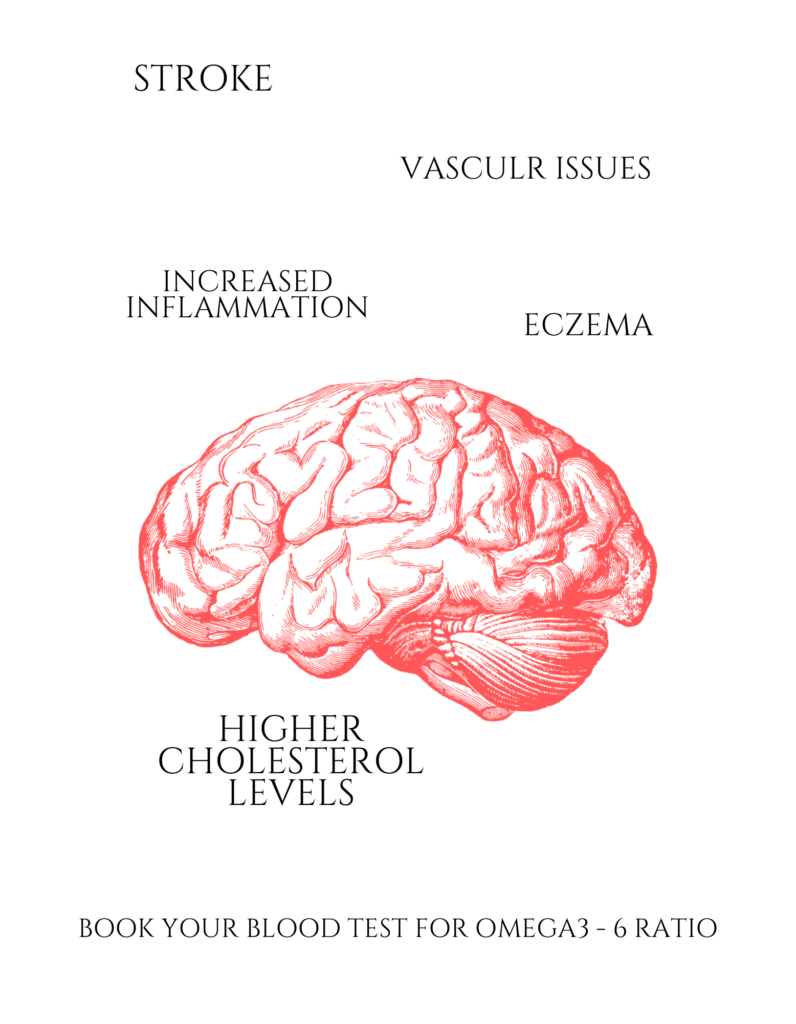
Omega3 In My Diet The Link To Healthier Me
Over the past century, several factors have contributed to significant changes in dietary consumption and fatty acid availability.
Dietary Trends and Guidelines: In the 20th century, a shift in dietary guidelines and public perception of fats occurred, with low-fat diets gaining popularity. This emphasis on reducing saturated fats led to an increased consumption of vegetable oils high in unsaturated fats, particularly soybean oil, which is rich in linoleic acid (LA), an omega-6 fatty acid.
Industrial Food Production: The food industry started using more vegetable oils, like soybean oil, in processed foods because of their low cost and long shelf life, further increasing their presence in people’s diets.
Agricultural Practices: The production of soybeans increased significantly due to agricultural advancements, government subsidies, and their versatile uses, such as in animal feed, biofuels, and food products. This abundance of soybeans resulted in a higher availability and consumption of soybean oil.
Reduced Intake of Omega-3 Sources: A decline in omega-3 fatty acid intake could be attributed to reduced consumption of omega-3-rich foods like fatty fish, flaxseeds, and walnuts, possibly due to changes in taste preferences, accessibility, or affordability.
Shift in Food Choices: Dietary patterns have evolved, with people consuming more processed foods, convenience foods, and meals prepared away from home. These foods often contain vegetable oils high in omega-6 fatty acids, which can lead to an increased omega-6 to omega-3 ratio.
Changes in Animal Feed: The fatty acid composition of animal-derived foods (e.g., meat, eggs, and dairy) can also be affected by changes in the animals’ diet. The use of soybean meal as a standard ingredient in animal feed has potentially increased the omega-6 content in these foods as well.
These factors have collectively contributed to significant changes in fatty acid availability and consumption. As a result, there has been an increase in omega-6 fatty acids (such as LA) and a relative decrease in omega-3 fatty acids (like ALA, EPA, and DHA). To maintain optimal health, it is crucial to strive for a balance between these essential fatty acids in our diet.
The Crucial Role of Omega-3 and Omega-6 Fatty Acids in a Balanced Diet
Fatty acids play a critical role in human health, and among these, omega-3 and omega-6 fatty acids are of particular importance. These essential fatty acids cannot be synthesized by the body and must be obtained through our diet. In this article, I’ll explore the significance of maintaining a balance between omega-3 and omega-6 fatty acids.
Omega-3 Fatty Acids: Omega-3s are crucial for maintaining overall health. They are associated with benefits such as:
- Supporting heart health by reducing inflammation and lowering blood pressure and triglyceride levels
- Aiding brain development, cognitive function, and mental health
- Promoting proper vision development and retinal function
- Reducing symptoms of inflammatory conditions like rheumatoid arthritis and menstrual pain
Omega-6 Fatty Acids: Omega-6s are essential for normal growth and development, as well as supporting functions such as:
- Brain function
- Immune system regulation
- Regulation of blood sugar levels
- Stimulation of skin and hair growth
- Maintenance of bone health
The Importance of Balance: While both omega-3 and omega-6 fatty acids are vital for our health, maintaining a balance between the two is crucial. The optimal ratio of omega-6 to omega-3 fatty acids is typically considered to be between 1:1 and 4:1. However, modern diets often have much higher ratios, with some estimates ranging from 10:1 to 25:1.
An imbalance between omega-3 and omega-6 intake can lead to chronic inflammation and increase the risk of various health conditions, including cardiovascular disease, cognitive decline, and inflammatory disorders. Achieving a more balanced ratio can be accomplished by:
- Increasing consumption of omega-3-rich foods, such as fatty fish (e.g., salmon, sardines), flaxseeds, chia seeds, and walnuts
- Reducing consumption of processed foods and vegetable oils high in omega-6 fatty acids, such as soybean oil, corn oil, and sunflower oil
- Choosing grass-fed meats and dairy products, which tend to have a more favourable fatty acid profile
- Considering omega-3 supplements, particularly for individuals who do not consume sufficient omega-3s from their diet
In conclusion, both omega-3 and omega-6 fatty acids are critical components of a balanced diet. By increasing our awareness of their roles and sources, we can take steps to ensure an optimal intake and improve our overall health and well-being.
ADVANCED SKIN SPECIALIST – KAROLINA

